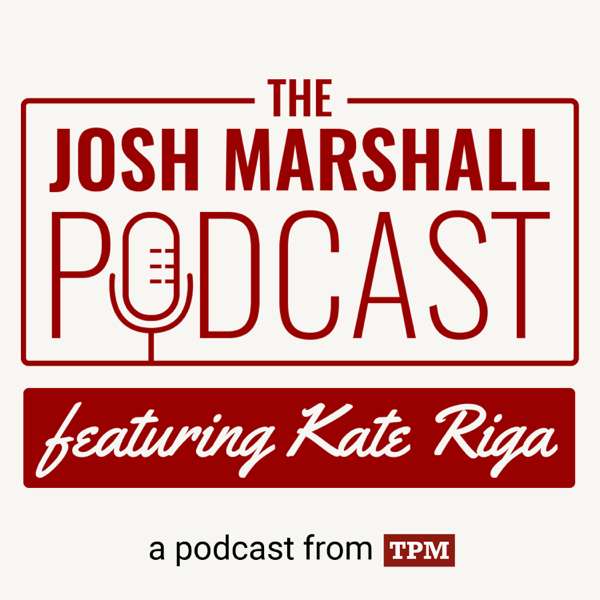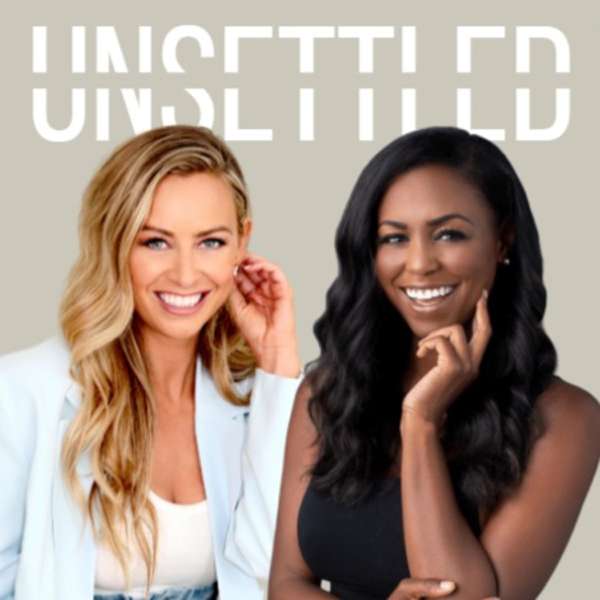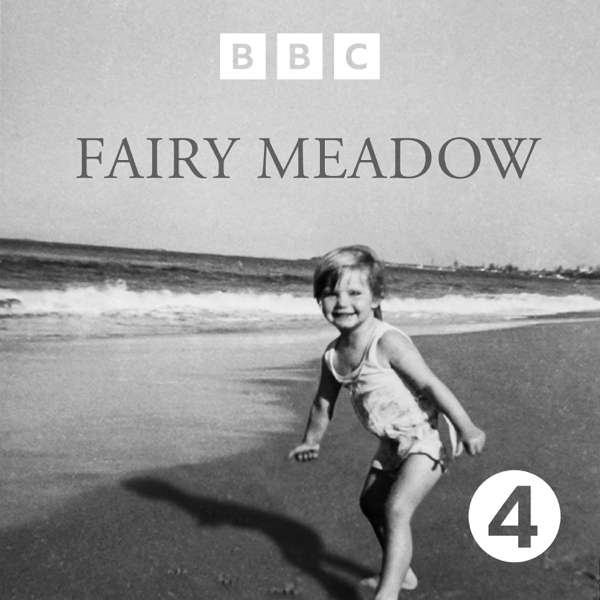This is our final episode. The demands of creating the show are much greater than its reach, so we are focusing our energies to do good in other ways and leaving the podcast behind.
We are grateful to all our listeners, and to all the people who commented and contacted us. We thank you for letting us be part of your lives for the last year.
Carry on and fight the good fight.
Here are the shownotes to this week's episode:
SHOW NOTES
States of Washington, Illinois, Arizona, and Oregon's Motion for a Temporary Restraining Order, January 21, 2025: https://agportal-s3bucket.s3.us-west-2.amazonaws.com/10_TROMot.pdf?VersionId=eWXZfvZtw60HmNTPOMluCKS_Li3n1Tu8
David Guttman, "Judge in Seattle blocks Trump order on birthright citizenship nationwide," January 23, 2025, The Seattle Times, https://www.seattletimes.com/seattle-news/politics/judge-in-seattle-blocks-trump-order-on-birthright-citizenship-nationwide/
Matthew J. Vaeth, Acting Director, Office of Management and Budget, "Temporary Pause of Agency Grant, Loan, and Other Financial Assistance Programs" January 27, 2025: https://blog.researchadmin.asu.edu/wp-content/uploads/2025/01/omb-memo-1-27.pdf
National Immigration Project, Community Explainer: Laken Riley Act, January 27, 2025: https://nipnlg.org/work/resources/community-explainer-laken-riley-act
Martin Niemöller: "First they came for..." United States Holocaust Memorial Museum: https://encyclopedia.ushmm.org/content/en/article/martin-niemoeller-first-they-came-for-the-socialists
Merriam-Webster Dictionary online page for "mandate": https://www.merriam-webster.com/dictionary/mandate
Thomas Friedman, "Trump is Going Woke," New York Times, January 29, 2025, https://www.nytimes.com/2025/01/28/opinion/deepseek-ai-trump.html?searchResultPosition=3
Craig's article on the benefits of DEIB for an institution, "Facilitating Belonging: Ombuds as the Helpful Stranger," January, 2025, Journal of the International Ombuds Association, https://papers.ssrn.com/sol3/papers.cfm?abstract_id=5101487
REQUEST FOR ASSISTANCE:
Craig has worked with The Marjorie Kovler Center four decades and serves on its Leadership Council. The Marjorie Kovler Center is one of the world's preeminent programs for specialized services for survivors of torture and severe trauma, including mental health care, medical care, and case management. Since its founding in 1987, the Kovler Center has served thousands of survivors, along with families and children experiencing forced migration. Today, the Kovler Center is facing an unprecedented emergency due to funding freezes from the Trump administration at a time when survivors need us more than ever before. We need your help to keep our doors open.
Link: https://heartlandallianceinternational.org/donate/ (select Marjorie Kovler Center in the "I want to support" drop-down menu)
INFORMATION ON IMMIGRATION AND IMMIGRANT AND REFUGEE RIGHTS
National Immigration Justice Center: https://immigrantjustice.org/
Illinois Coalition for Immigrant and Refugee Rights: https://www.icirr.org/
American Immigration Council: https://www.americanimmigrationcouncil.org/
Center for Migration Studies: https://cmsny.org/?s=Kerwin&view=list&perpage=6&sort=desc
National Immigration Project: https://nipnlg.org/work/resources

 Our TOPPODCAST Picks
Our TOPPODCAST Picks  Stay Connected
Stay Connected







